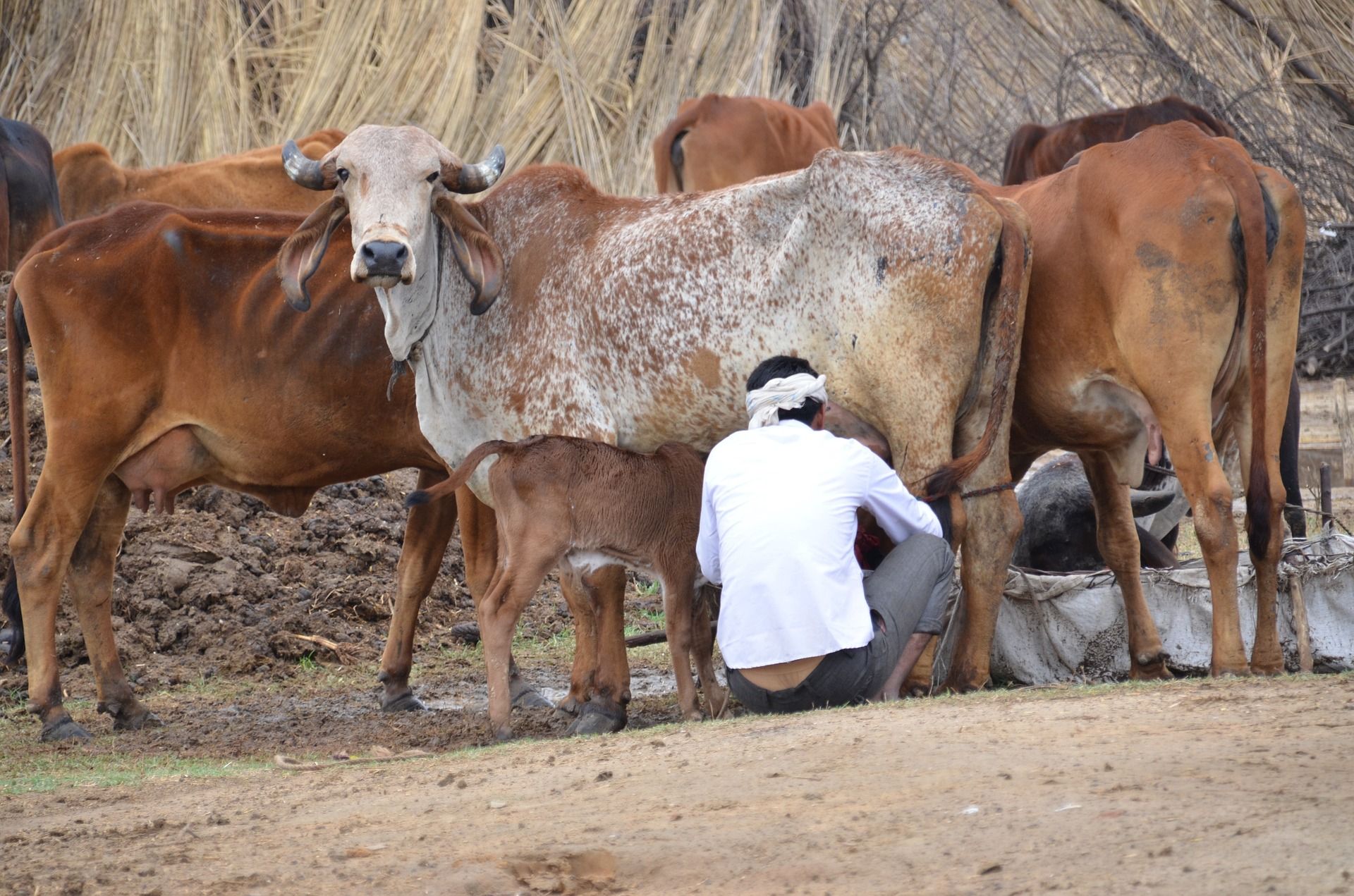Stellapps, an Indian data collection and analysis stack for the dairy supply chain, has closed a Series A round of funding ahead of a larger $12 million – $14 million Series B that CEO Ranjith Mukundan expects to close in the coming months.
Blume Ventures, Binny Bansal, cofounder of Flipkart, and Venture Highway invested in the round.
Stellapps offers data collection and analytics to every piece of the dairy supply chain with the aim of improving the productivity, and quality of milk, and producing transparent data both for and about the dairy industry. “Across the dairy industry today people are working blind,” said Mukundan.
The company’s applications include SmartFarms (for milk production), smartAMCU (for milk procurement), ConTrak (for the cold chain), AgRupay (a dairy farmer wallet), and
MooKare (an animal insurance product). Stellapps’ customers include dairy farms, cooperatives, and private dairies.
The full stack includes 26 different sensors across the chain. On the farms, wearable devices collect animal specific data from the cows and buffalos. At the dairy collection sites, quality analysis sensors measure fat content to assess the quality of the milk to help with pricing. These records are sent automatically to the dairy company’s headquarters and the farmer’s phone via SMS — Mukundan says that quantifying the quality of milk removes the guesswork and variability out of pricing. In the cold chain, sensors monitor the conditions to give dairy collection companies more control over the quality of their product and enable to produce more transparent information for their end customer.
In 2014, India’s dairy industry grew to be larger than that of the rest of the world combined and the country has been the world’s largest dairy producer since 1997. Much of this production is made up of smallholder farmers.
Along with providing a service to farmers and distributors, Mukundan says that local financial institutions have already expressed interest in his data as a way to gauge the size of the Indian dairy market and trace the movement of dairy products around the country.
Though Stellapps does not offer payment processing yet — Mukundan says it may be on the horizon — they do have transaction records. He said that focusing on data is what led the company to create products for the entire supply chain. “Since our focus was on data, we figured focusing on the whole supply chain would make the data more valuable.” So far Mukundan says he has captured over $1 million of transaction data.
Since the majority of India’s dairy farmers are smallholders, Stellapps has created a system affordable for farms of any size, even those with only one or two cows. “Our focus was on small farms and that’s the reason we chose a more cloud-centric approach; this is should work even in a two to three animal farm.”
The initial cost for sensors and the platform runs from $500-1500 — depending on which part of the supply chain the customer is — and the monthly fee for the cloud services of $8-10. “Our strategy is to commoditize the hardware and reduce the [expense] so that it becomes affordable.” The company is also working with local banks to offer financing for the upfront cost of the system.
The company says that most operations within the stack require only 2G data speeds and they are working on a proprietary antennae system to get around connectivity issues in rural areas. “We get the data in real time almost every time.”
International expansion is next for Stellapps, and they are looking to “white label” their system with major agricultural retailers most likely starting in France. The system is also in use in parts of Nepal and Kenya.
In addition to their recent round of investment, Stellapps received $1 million in seed funding from Omnivore Partners in 2013 and was incubated at IIT Madras’ Rural Technology Business Incubator (RTBI).





